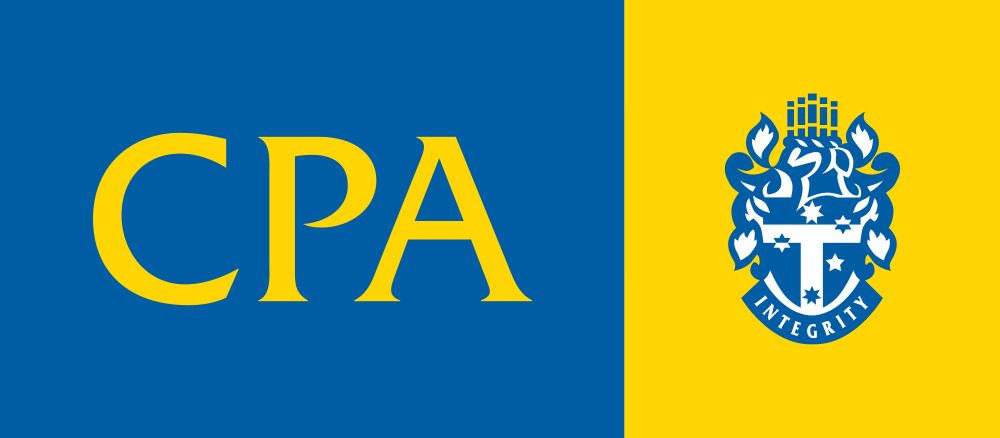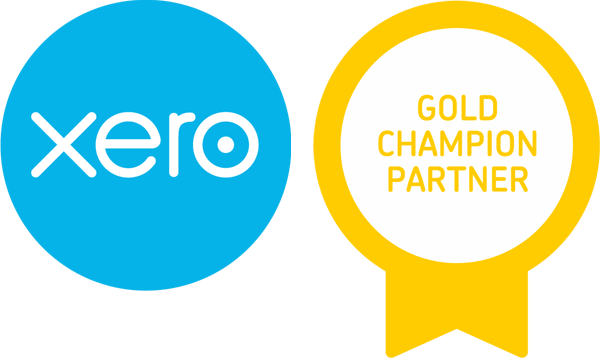Inheriting assets – the hidden tax implications
If you have inherited or are likely to inherit an asset in your lifetime, keep reading...
It is important to understand the tax implications of selling inherited assets like property and shares so that you can make informed financial decisions.
Capital Gains Tax is calculated on the difference between the sale proceeds of an asset and its cost base. This is where things get complicated. The sale proceeds will be easily calculated, but what about the cost base?
Calculating the cost base can be quite challenging depending upon the deceased level of record keeping.
So what exactly do you need to know?
The first thing you need to ascertain is the date that the asset was acquired by the deceased person.
If the date of acquisition was before 20th September 1985, your cost base becomes the market value of the asset at the date of death.
If the date of acquisition was after 20th September 1985, your cost base becomes the original cost of the asset plus or minus any applicable adjustments to the cost base.
And what if the asset was originally inherited by the deceased person?
In that case, you need to firstly work out the acquisition date (date of death of the previous benefactor). If the acquisition date was before 20th September 1985, your cost base becomes the market value at date of death as in the earlier example.
If the date of inheritance was after 20th September 1985 and the original date of purchase was also after 20th September 1985, you need to ascertain the original cost of the asset by the previous benefactor plus or minus any applicable adjustments to the cost base.
If the date of inheritance was after 20th September 1985 but the asset was purchased by the previous benefactor before that date, cost base will be market value at the previous benefactor's date of death.
And what if you inherited half an asset from your deceased spouse (having already owned the other half)? Once again, we go back to acquisition date. If you and your spouse originally acquired the asset before 20th September 1985, the cost base of the inherited half will be market value at date of death and your original half will be exempt from Capital Gains tax when you sell. If you originally acquired the asset after 20th September 1985, the cost base for both halves will be original cost price plus or minus adjustments but each half will have a different acquisition date.
Confusing right?!
Add into the mix CGT exemptions including the main residence exemption and small business concessions, and it becomes clear that you should be seeking professional advice sooner rather than later if you have inherited or will be inheriting assets from loved ones.
Important records and evidence can often be accidentally destroyed, leaving you with little hope of correctly calculating the cost base of an inherited asset so the sooner you get advice, the sooner you can start searching for appropriate records.
Do you still own assets that you inherited years ago? It still pays to collate the cost base information now so that you either have it ready for when you sell the asset or alternatively have it ready for your beneficiaries to use upon your death.
So the moral of the story is to make sure you have kept or found records associated with assets you own or will inherit. This information is important in avoiding adverse tax consequences when assets are sold or passed to the next generation.
And if you are thinking of selling an inherited asset, be aware of the tax implications of the sale before you go and buy that big yacht!!
If you would like find out how to best manage selling or receiving an inherited asset, please contact our team on 08 9842 5155.




